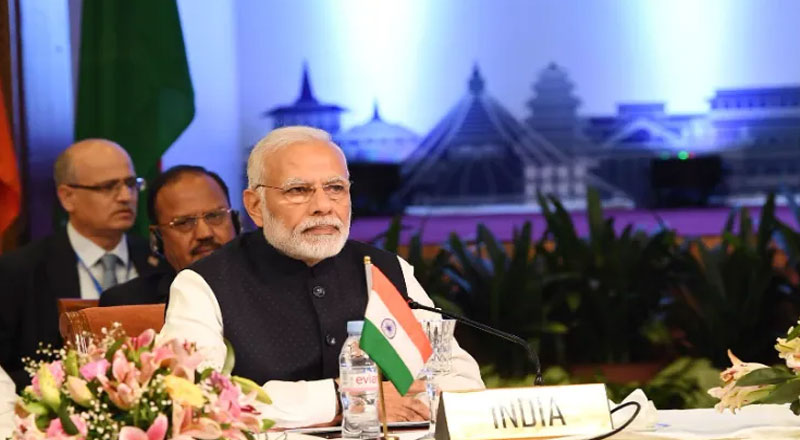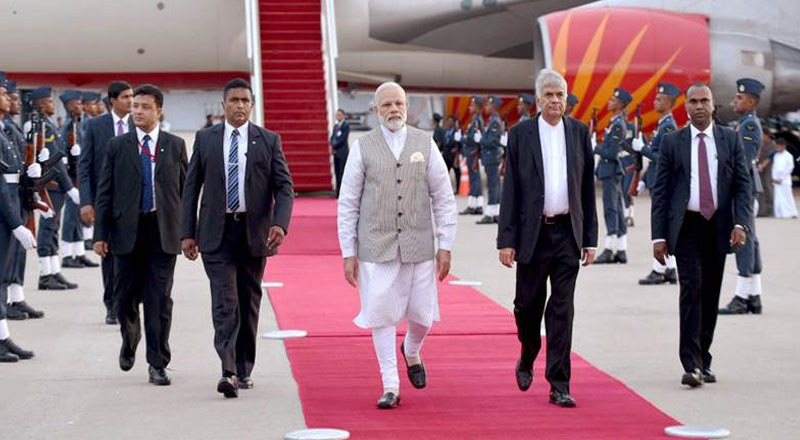A recent leak of sensitive U.S. State Department and USAID documents has triggered alarm among international nonprofits and government partners. The spreadsheets, containing details on grant-funded programs operating under repressive regimes, were sent to Congress and subsequently leaked online—despite prior assurances of confidentiality.
The breach has left various international groups scrambling to assess risks and protect staff from potential retaliation. Many organizations operate in countries like China, Russia, Iran, and Uganda, where exposure to U.S. affiliations could endanger activists and local personnel. Officials had previously reassured these groups that classified information would remain secure, only for it to surface publicly days later.
The Trump administration, alongside Elon Musk’s Department of Government Efficiency (DOGE), has been pressuring nonprofits to disclose comprehensive grant recipient details. Reports suggest that those unwilling to comply faced potential funding cuts. White House Deputy Press Secretary Anna Kelly distanced the administration from the leak, urging media outlets to question the source instead.
In response, nonprofit leaders and activists rushed to warn staff and mitigate potential threats. Internal messages urged recipients to avoid sharing the leaked files, citing urgent security concerns. One executive described the situation as an unprecedented violation of trust, emphasizing the grave dangers posed to those working under hostile governments.
The incident marks another blow to America’s global partners, raising serious concerns about the protection of those involved in critical international aid and advocacy efforts.





